By the River Rivanna: A conversation with SMC’s History and Ethnic Studies departments
Samaiya Kirby | Culture Editor
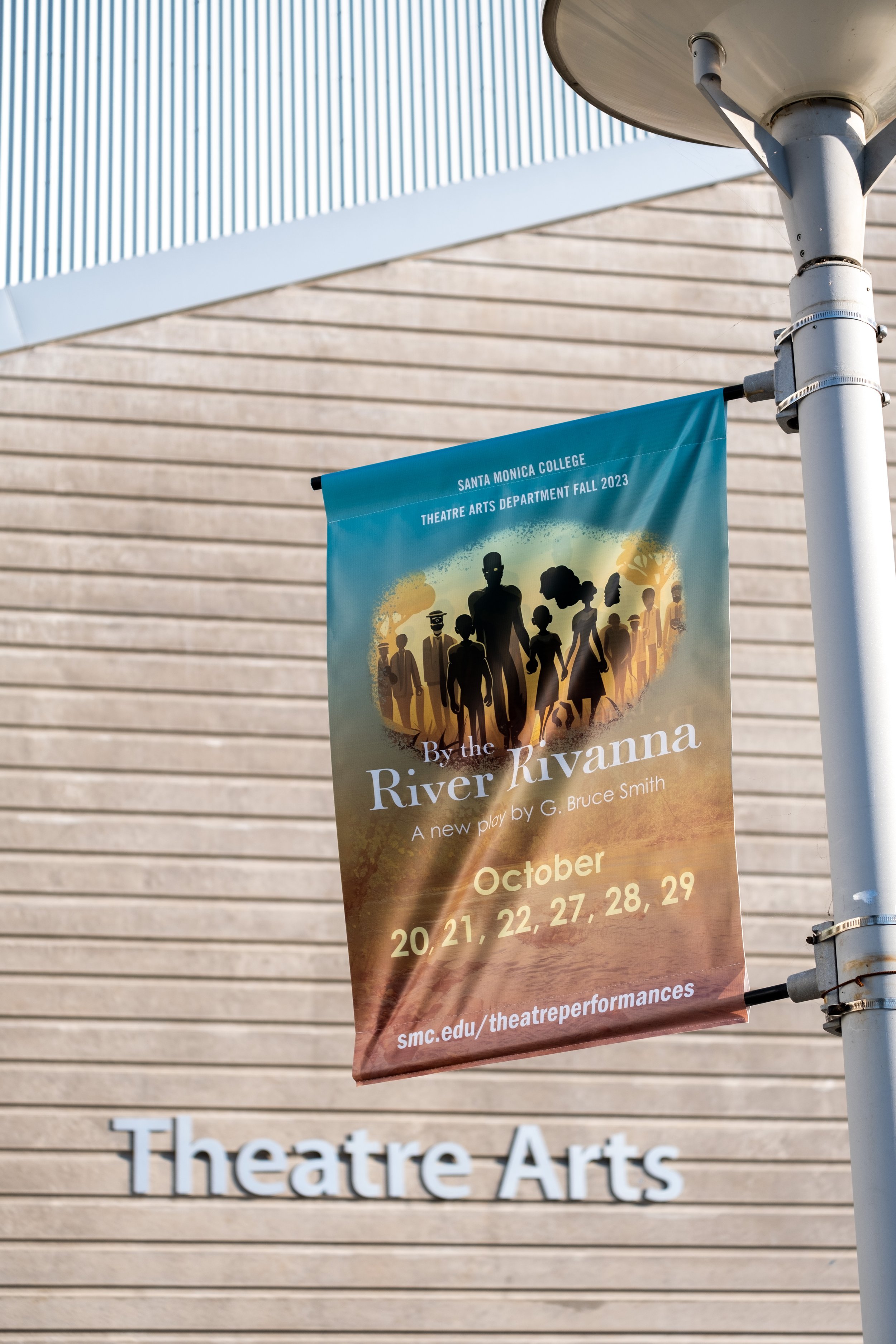
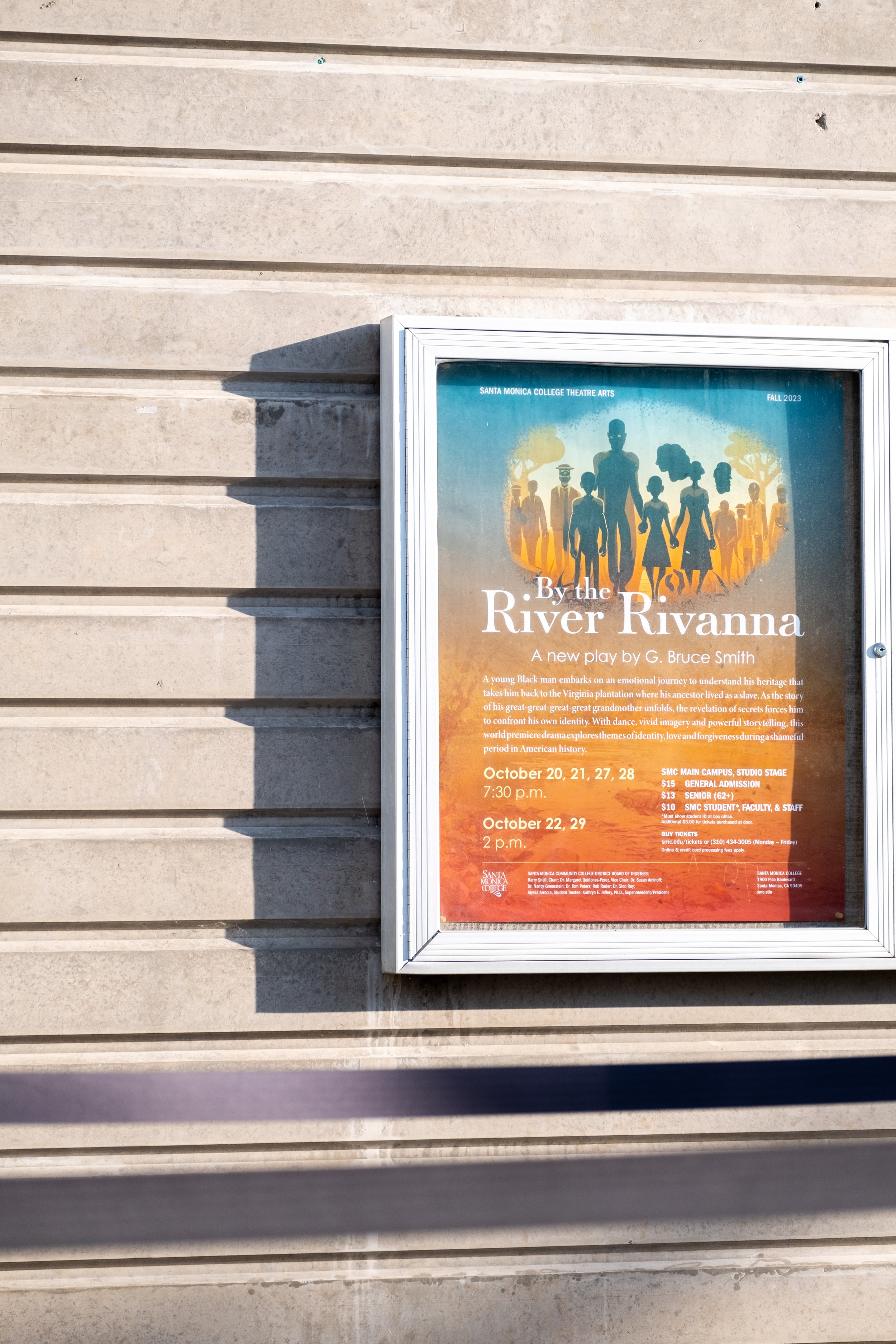
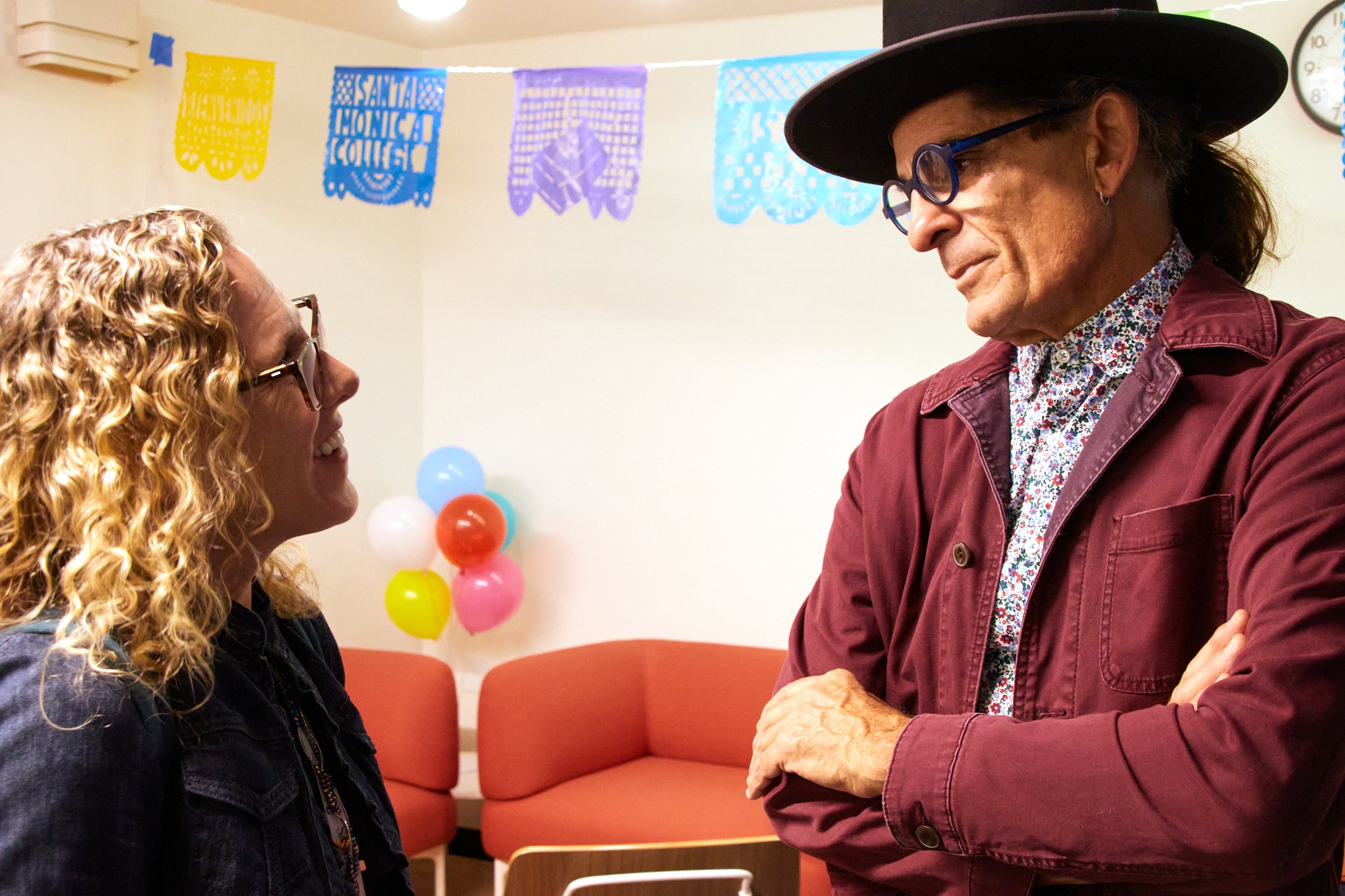
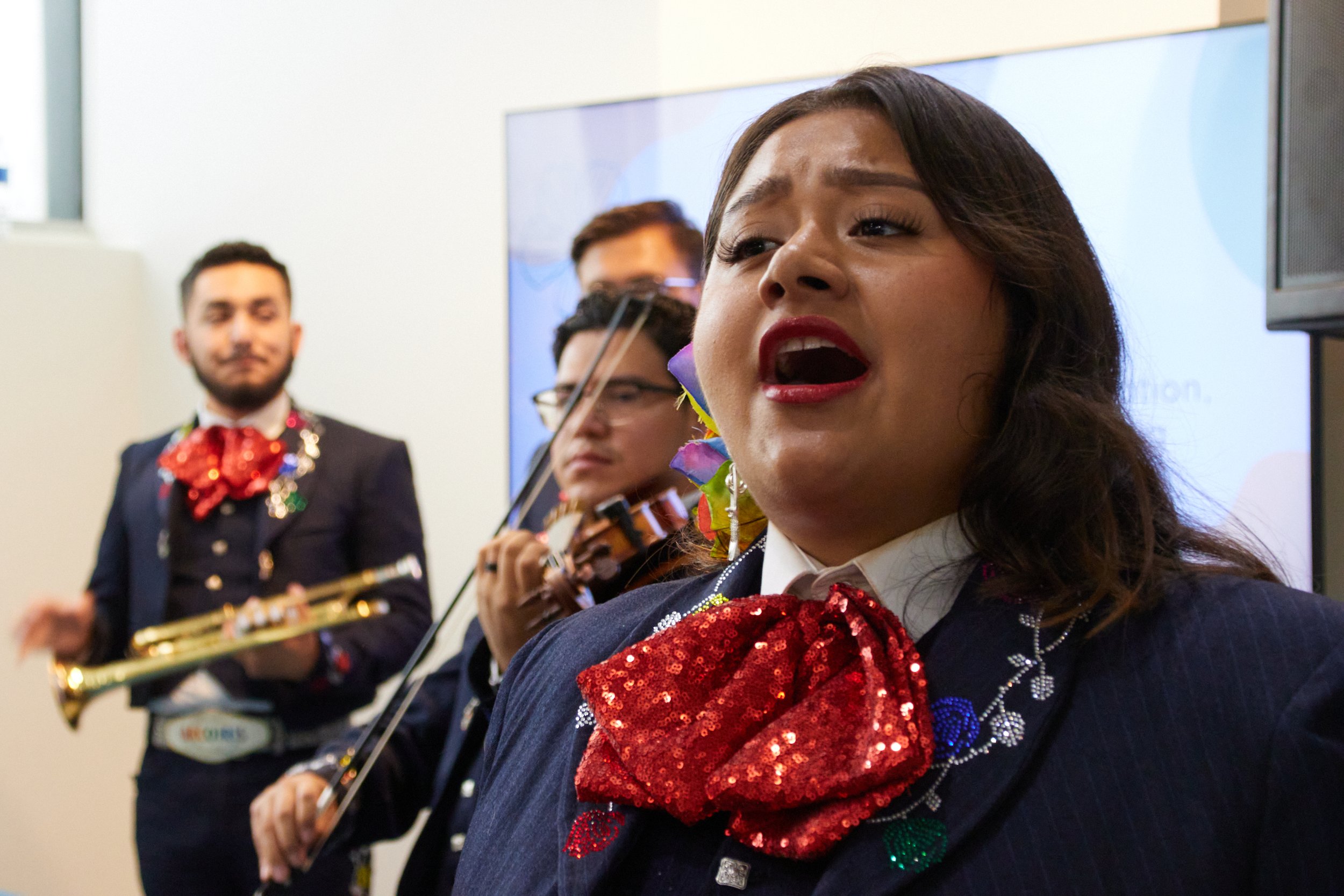
Professors from SMC’s History and Ethnic Studies department got together on Wednesday afternoon, October 18, to talk about the Theatre Arts’ production “By The River Rivanna.” History department chair Dr. Sang Chi and history professors Marisol Moreno, Trisden Shaw, and Justice Isaacs discussed the violence, historical inaccuracy, and academic integrity behind the play and its impact on the college’s community.
Kirby: Could you explain if the historical context of the play is accurate? How important is it that artists not just consider historical accuracy, but prioritize it when depicting the experiences of different ethnic groups?
Chi: “When you dive into traumatic history, specifically of people who have been brutally oppressed, those are legacies that are still with us today and I think we need to, at least when creating that kind of art, do the due diligence of actually looking at historical voices.”
Shaw: “Many of the enslaved people were taken to the Caribbean islands first. There was a process called “seasoning” where they separated Black people from their traditions, so by the time they got to the United States, they were less rebellious. The play’s addition of Yoruban practices didn't quite fit because, in the 1850s, a lot of those people wouldn't still be carrying out those traditions. It felt like something that was added to try and legitimize the play, but that is actually historically inaccurate. That was only one of the many inaccuracies in the play, and that’s why we can't, in an academically honest way, publish a play like this.”
Kirby: What is your reaction to the content in the play? What do you think about the author's intention behind it?
Justice: “This play insults every aspect of my identity as a queer person, as a Black person, and as someone who is a practitioner of Ifá which is the religious tradition that it speaks about.”
Moreno: “I wonder why would you want to put something on like that when the Black community has communicated its concerns about it? Why not put a pause on it and engage in dialogue about its impact on the community? As members of a shared community, why would you want to perpetuate this harm?”
Shaw: “It reminds me of minstrel shows where they would push these caricatures of Black people and take from them the ability to write their own stories. Those were the immediate feelings that I got when reading through the script.”
Kirby: What was your biggest concern about the play’s social impact?
Moreno: “What pains me is that there's a Black female student that's been tasked to read these lines through the lens of a white male’s fantasy. She doesn't even say the word “rape,” that's the egregious part. It doesn't name the damage and the pressure that she’d rather have the white overseer have his way with her as long as she would get a child. Rape is no joke. Sexual assault is no joke. These are things on campus that are tied to Title IX. How are students being prepared to portray something like that?”
Kirby: Do you feel the well-being of the student actors was properly considered by the author or even the director?
Justice: “Many Black and brown students have PTSD already as a result of living in a violent police state. So, the idea that you're gonna have a scene where you have someone being beaten off stage but you can still hear their screams can take many people back to their lived experiences. Things like that take me back to when I lived in Philadelphia and the police were tasing a man right on my block.”
Kirby: The author stated, “My obligation as an artist is not to make people comfortable, and this is a story that I was compelled to tell.” What is your reaction to his statement?
Chi: “When we talk about marginalized communities and the oppression they have suffered in the United States, you have to do the hard work of actually looking at the historical voices and the sort of work that's already out there that people have spent their lives researching. Otherwise, you're really just minimizing and belittling the actual lived experiences of people in those communities.”
Justice: “What is happening here is the apex of white privilege and individualism. This play doesn't really critically engage with ancestry, racial dynamics, or any critical work.”
Kirby: How do you feel about the way that SMC handled the situation? What do you think could have been done differently?
Moreno: “I'm concerned that this is not reflective of the college’s equity mission and values. These are not the initiatives of creating a culturally responsive curriculum or being anti-racist. I am baffled and really hurt that part of our campus entity refuses to engage and kind of hold space and engage on some of the problematic issues that my colleagues are speaking out against.
I would have liked to have seen the college not be so concerned with one individual's claim of a violation of a right that's never been denied to him, and to focus more on the collective pain that the play inflicted. Right here is a reason why we are experiencing racial equity gaps on this campus.”
Kirby: Many Black students expressed that they were disappointed but not surprised that their concerns were initially diminished and thrown out by SMC. As educators of this community, what is your reaction to this?
Shaw: “My research as a scholar has shown how retention is tied to the feeling of belonging on campus, how student success is inextricably linked to the feeling of “Oh, I deserve to be here, this place is also for me.” That's what equity and diversity are meant to do. If we're standing on those principles it's important that we are making communities of color that have historically been made uncomfortable feel as though they have a place here.”


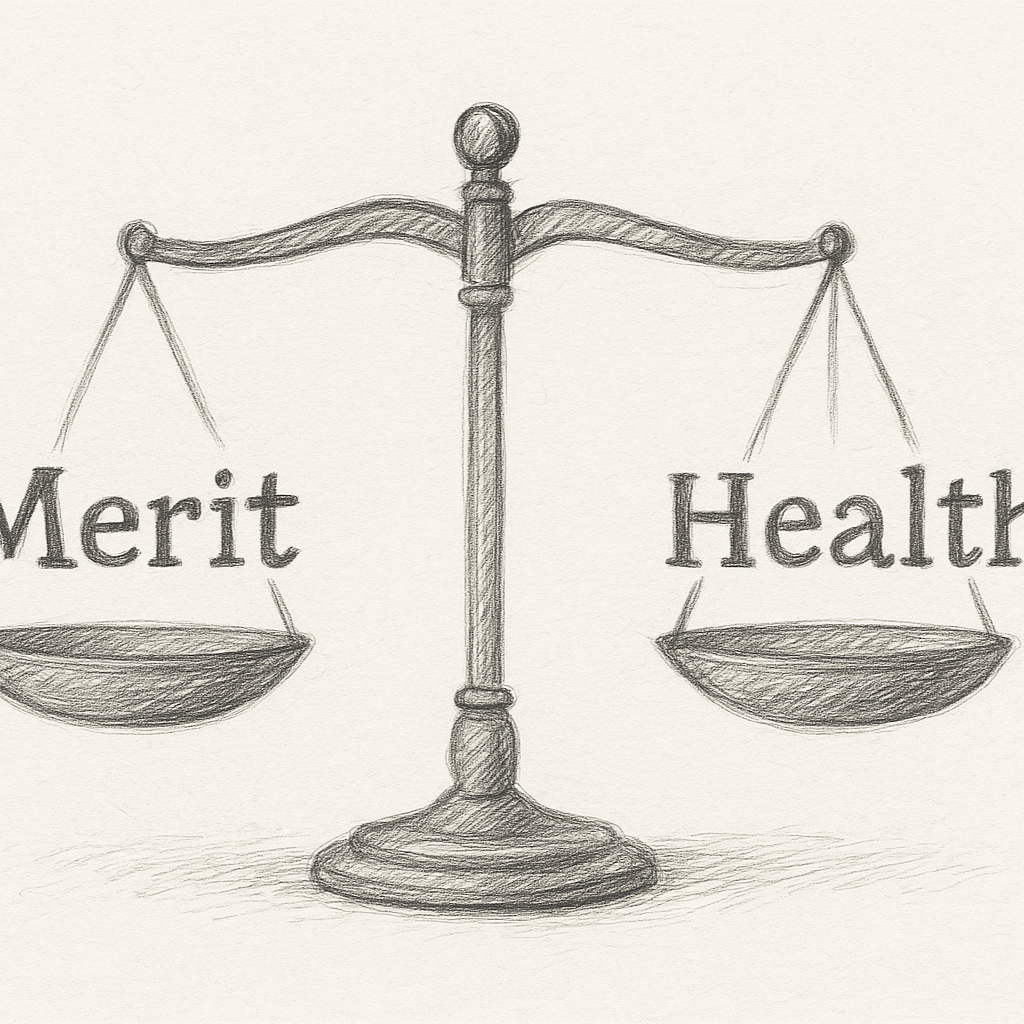
The SMC Symphony Orchestra closes out 2025 with their winter concert at BroadStage.